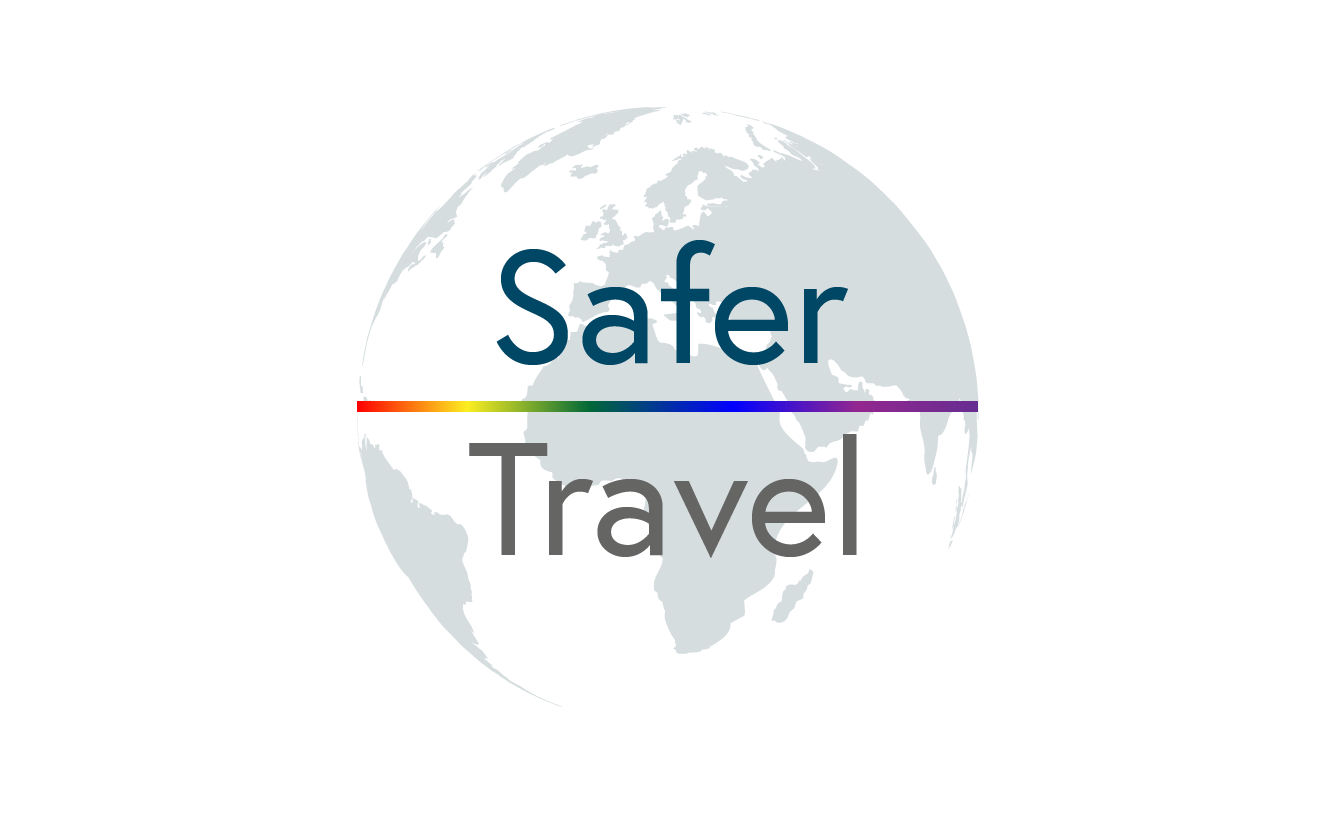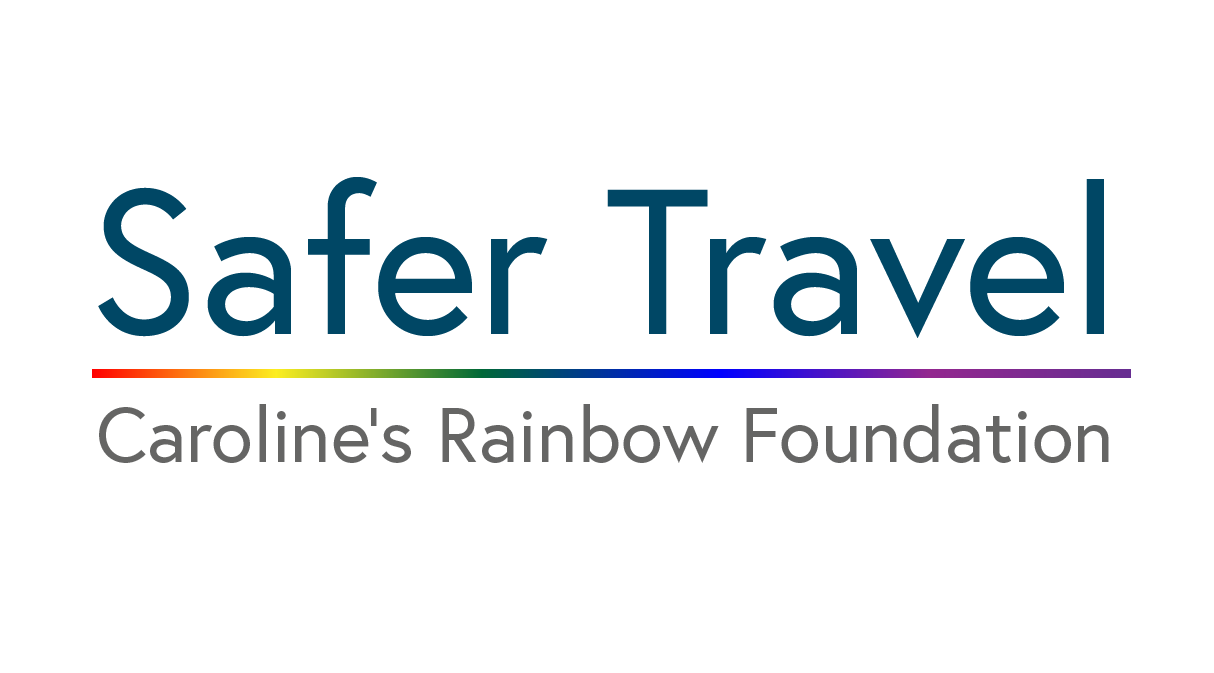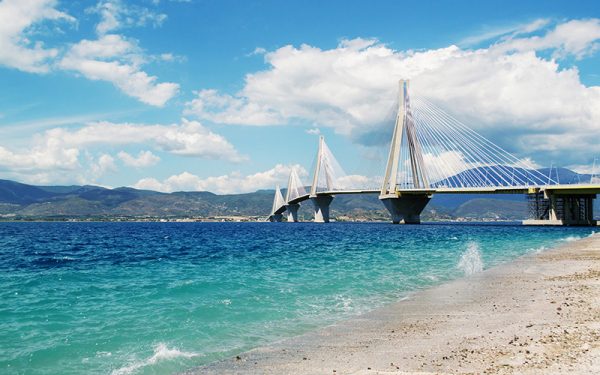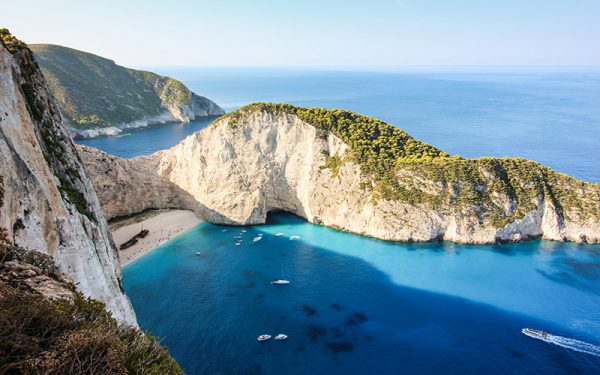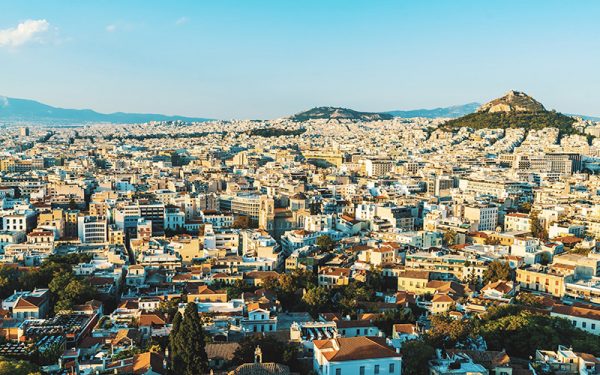Greece
Details
Before visiting any country make sure you know the basics. General details and important information.
- Emergency Services: 100 (police), 112 (medical emergency) and 199 (fire).
- Language: Greek
- Currency: Euro
- Capital City: Athens
- Country Code: GRC
- Travel Visa: None required
- Population: 10,359,600
- Driving: Right-hand side
Risk Level
Researching various official sources, we perceive the risk to holiday makers and travellers are as follows;
Travellers Tips
Top travel advice and interesting tip bits of information from experienced travellers.
Greece
What are some customs and traditions in Greece?
The Evil Eye
Some Greeks, particularly those from rural areas, believe that it is possible to catch “the evil eye” from someone else’s jealousy. When a person catches the evil eye they supposedly feel bad physically and psychologically. When this happens, an expert has to come and say a special prayer to undo the curse of the evil eye.
Spitting
The Greeks believe that spitting wards away the devil and misfortune. Therefore, when someone breaks bad news, such as of a death or accident, the others spit three times whilst saying ftou, ftou, ftou. The same thing occurs when someone compliments another for their beauty, so as not to give them the aforementioned “evil eye”.
Greek Culture
Greece has evolved culturally over millennia, beginning in Mycenaean Greece and then continuing into Classical Greece, whilst being influenced by the Roman and Byzantine Empires. Other cultures and regions, like Latin and Frankish states, the Ottoman Empire, the Venetian Republic, Genoese Republic, and the British Empire have also influenced modern Greek culture, but it was the Greek War of Independence that finally revitalised Greece and made it the single entity it is today with its diverse culture.
What are some top safety tips for visiting Greece?
Carry a phone card, charge card or change for the pay phones, in case you have your phone stolen or run out of battery. Always keep the number and address of the hostel/hotel where yo are staying in case you can’t find your way back.
Arrange a time and meeting place with your friends if you go off by yourself and a back up plan in case you miss each other. Don’t rely on phones as sometimes there is no signal and calls can be expensive when aboard.
One of the most common methods of theft is the use of the scooter. You should be especially wary where you see a passenger on the back since they fly past and whip bags from shoulders, which can often lead to the victim being injured if they are dragged to the ground. If you happen to hear a scooter approaching then simply turn around and watch it to minimise the risk of this happening.
The more you know about a place or culture the more rewarding the experience, if you find out the history and background when you arrive you will have a deeper understanding of the culture, people and environment.
The more prepared you are the better; find out about the local area do’s and don’ts, laws and regulations it could save you from getting in to difficulty or in extreme cases fined or arrested.
What are the main annual events in Greece?
This energetic festival takes place on the slopes of Mount Olympus every year in July. Selected Greek performers sing to the crowds at the Ancient Theatre of Dion and special illuminations light up the ancient sites in the area at night-time.
Epiphany falls on 6th January, and marks the end of the Christmas celebratory period. The Orthodox community in Greece celebrates this with the Blessing of the Waters. In seaside towns across Greece, an orthodox priest throws a cross into the sea, thereby “blessing” the water. Young men jump into the sea after it and attempt to retrieve it. The one who finds and returns it to the priest is given a special blessing for him and his family. This happens after the Divine Liturgy. The festival is also sometimes referred to as the Feast of Theophany or the Feast of Light. It is Saint’s Day of Agia Theofana.
Greek Independence Day
Greek Independence Day falls on March 25th and celebrates the beginning of the Independence War against the Ottomans on that date in 1821. Apart from being a national celebration of independence, March 25th also celebrates the religious Annunciation of Virgin Mary.
Ochi Day is celebrated on 28th October to honour the strong reply ‘oxi’ (no) of General Ioannis Metaxas to Mussolini’s request for Italian soldiers to enter Greece at the start of World War II. Schools often organise parades to celebrate the day.
